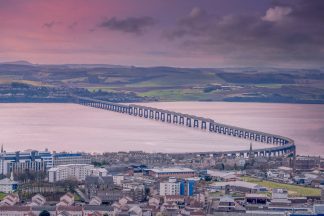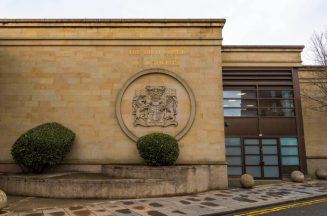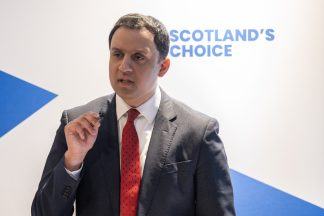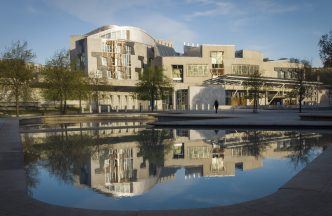A week to go then and who could have predicted the degree of rancour and division that has been the hallmark of the contest to succeed Nicola Sturgeon?
The resignation of the FM has plunged her party into a full-blown political crisis and one which could have profound electoral ramifications.
Methinks the show of support from senior figures for Humza Yousaf tends to the conclusion many are seriously worried by Kate Forbes’ candidacy.
Many activists will no doubt instinctively rebel against the view that Yousaf is best placed to take the party and the government forward.
The drip of endorsements from senior figures might paradoxically have the opposite effect, as it suggests he is not only the continuity candidate but the establishment one as well.
After a rocky start which threatened to bury her hopes, Forbes has been the most composed and empathetic of the three hopefuls, but she is also the candidate that will probably exacerbate the splits that have emerged.
Some of her opponents will no doubt refuse to serve if she wins, viewing her socially conservative views as inconsistent with leading a nation that should espouse a socially liberal Scotland.
Indeed, some might resign their positions creating a degree of crisis from day one. And if she attempts to allow gender recognition legislation to wither on the section 35 vine, a backlash is almost guaranteed.
Forbes’ campaign might be high on articulacy, but it has been astonishing for the attacks she has made on the government in which she serves.
Collective cabinet responsibility has been incinerated by the finance secretary, who has uttered lines which amount to a vote of no confidence in herself and the government of which she is a part.
Even if Yousaf triumphs, he has said little to suggest that he can bridge the perceptible tensions over the next steps for the independence movement.
Indeed, in the TV debates, he seems to want to go back to the campaign drawing board almost as if 2014 and the post-referendum politics that followed never existed.
With every passing day, it becomes clear that part of Sturgeon’s legacy is to leave her party in a strategic no-man’s land.
Indeed, her sureness of touch deserted her in the latter parts of her time in office. The decision to go to the Supreme Court was foolhardy and the de-facto referendum line borne of the fact she had run out of road, having kicked the can so far down that she lost the can.
In fairness to her, there is no obvious strategy to deal with the hard constitutional reality that, without Westminster’s consent, there is no legal route to indyref2.
Her problem is that there was zilch debate about how to confront that reality, and by bailing out she has bequeathed chaos to the movement.
Many of the SNPs current problems are entirely self-inflicted. The decision to try and ban journalists from observing hustings was just bizarre. The secrecy around the membership numbers was never going to hold when those members were being balloted on the succession.
The decision not to obfuscate but to lie about the numbers must be a new low for a political party. Did they really think they wouldn’t be found out?
All parties have internal tensions which never spill out in public, and it was a feature of the Sturgeon era that internal unease never became problematic. But several genies have escaped from several bottles in recent weeks.
This fractious campaign is likely to be a portent of a new style for the SNP in which members and elected politicians once more get back to expressing their views irrespective of whether the leadership approve or not.
The debate about independence strategy will result in splits between those who believe now is not the time and those who want to confront Westminster on the issue of imprisoning the mandate of a democratically elected government.
Whoever wins, the culture of the Sturgeon era is over and that can only mean a party which will appear less disciplined.
And then there are the challenges confronting the government across a range of public services. The acute crises, particularly in the NHS, are not going away and it will be fascinating to see if the next FM can debate their way out of trouble. I suspect not.
Some in the wider independence movement correctly observe the SNP are but one part of it, albeit the largest part.
I think if the polls slide badly under a new leader, it is fanciful to think that there will be no consequence for the numbers who identify as being pro-indy.
I think it is inconceivable that the numbers backing independence will grow if the party of independence loses support.
If the new leader cannot steady the ship – and that is one huge ask – I would expect their time in office to last until the next UK general election. A material loss of MPs will take us back to another contest.
Politics does not necessarily play out in the way you expect. A new leader may well unite and may well restore trust in the party of government, but I simply don’t see that happening, for the divisions of recent weeks are likely to find an echo in debates to come.
Scottish politics is about to enter the most unpredictable period of the entire devolved era. It will be fascinating to watch given it has the possibility to recalibrate support for the parties in a quite fundamental way.
Follow STV News on WhatsApp
Scan the QR code on your mobile device for all the latest news from around the country


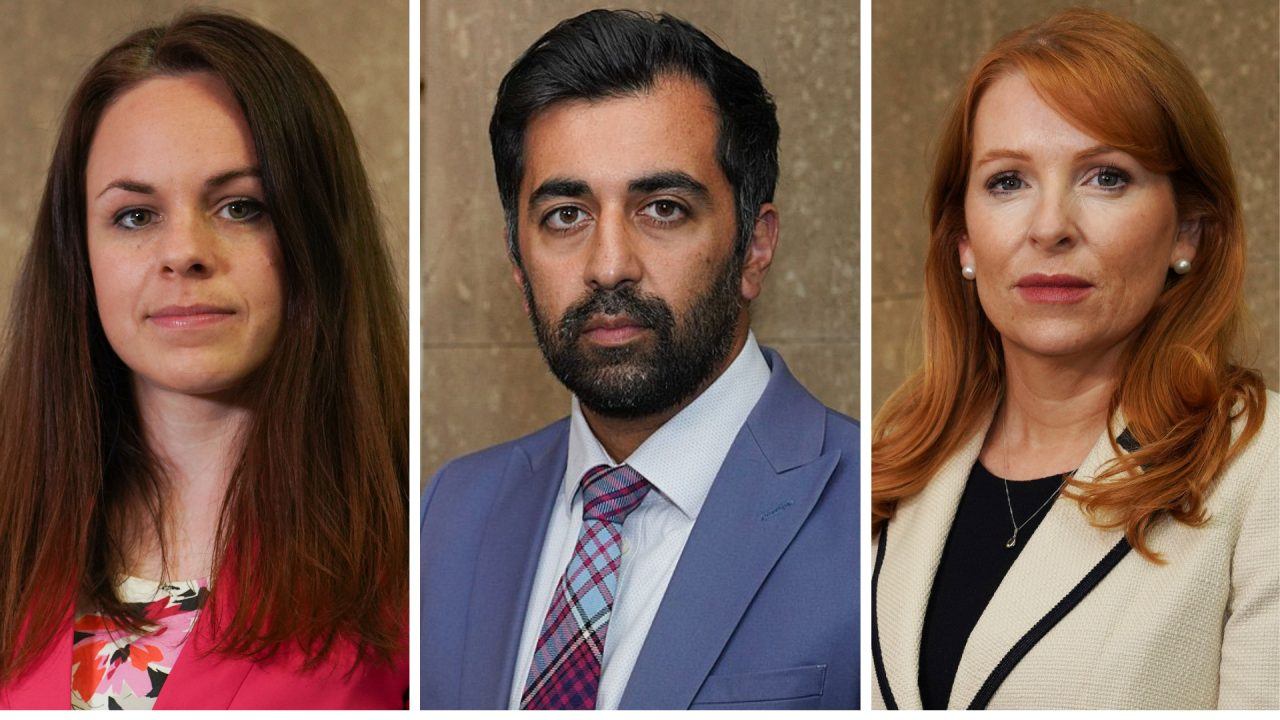 Scottish Government
Scottish Government

